National Assembly Deputy Mai Van Hai, Provincial Party Committee member, Deputy Head of the National Assembly Delegation of Thanh Hoa province.
Participating in giving comments, National Assembly Deputy Mai Van Hai, Provincial Party Committee member, Deputy Head of the National Assembly Delegation of Thanh Hoa province basically agreed with the Report on explanation, acceptance and revision of the National Assembly Standing Committee on the draft Law.
Commenting on the regulation on the subject of special consumption tax as "Air conditioners with capacity from 18,000 BTU to 90,000 BTU" at Point h, Clause 1, Article 2, the delegate said that this draft Law has incorporated and adjusted compared to the draft submitted at the 8th session, which is only applicable to air conditioners with capacity from 18,000 BTU to 90,000 BTU.
But in reality, in people's lives today, air conditioners have become very popular and common, not a luxury item; on the other hand, the nature of the special consumption tax policy is to regulate and reorient production and consumer behavior, accordingly, taxes are applied to goods and services that are luxurious, non-essential or harmful to health and the environment to minimize the harmful effects of products and services.
Furthermore, if special consumption tax is imposed on air conditioners, it will cause difficulties for domestic manufacturing enterprises, making it difficult to compete with imported goods.
Therefore, delegates proposed to consider not imposing special consumption tax on air conditioners.
Regarding the regulation on the subject of special consumption tax as "Soft drinks with sugar content over 5g/100ml" at Point l, Clause 1, Article 2, according to the delegate, this regulation will greatly affect the domestic soft drink production industry, especially small and medium-sized enterprises will have to bear the burden of increased costs; the ability to compete with imported products will be difficult; increased product prices will cause consumption to decrease, affecting revenue and employment of workers; moreover, it will also affect farmers because the soft drink industry uses many domestic materials such as: sugar cane, fruit, coffee...
The explanation for including sugary soft drinks in the special consumption tax is mainly due to the main cause of obesity, diabetes and non-communicable diseases related to diet. But in reality, there are many things that can have more sugar than soft drinks, so why haven't they been taxed? The delegate gave examples such as candy, sweetened milk, molasses...
Therefore, the delegate suggested that the drafting agency should consider and evaluate more carefully the impacts and influences from tax imposition in order to have appropriate implementation measures or implementation roadmap. At present, the delegate suggested that tax on soft drinks should not be considered.
Regarding the provisions in Article 8 on: Tax rates and absolute tax rates, delegates basically agree with the specific determination and classification of taxable goods and services to be able to develop tax rates and absolute tax rates for special consumption tax on goods and services specified in the Special Consumption Tax Schedule as prescribed in Article 8. Through research, delegates found that: although the draft submitted at this session has been more appropriately received and adjusted than the draft submitted at the 8th session in terms of both tax rates and implementation roadmap.
However, in general, the Tariff is still being built mainly based on impact assessment reports and the situation before the 8th session. The current domestic and international situation is very different from before. The developments of trade confrontations and competition are extremely fierce, directly resulting in the imposition of import and export taxes between countries, in which Vietnam is among the countries that the United States has announced the highest reciprocal tax rate at 46%. General Secretary To Lam, the Government, and the Prime Minister have taken flexible, agile, and effective actions and decisions, and are also among the first countries in the world to respond the earliest, most positively, and most willingly to the situation. As a result, we have received many positive signals, and have more time to respond and adapt to the situation from the US's 90-day delay in imposing reciprocal taxes.
The above developments will have a significant impact on production and import-export business of domestic enterprises, so we need to calculate to have tax policies more suitable to the new situation.
Therefore, the delegates suggested that the drafting agency and the reviewing agency consider re-evaluating more thoroughly and comprehensively to have more reasonable tax rates and implementation roadmaps in the current situation, ensuring the harmony of interests between the State, consumers and enterprises, contributing to reducing difficulties for enterprises, ensuring sustainable socio-economic development of the country.
Quoc Huong
Source: https://baothanhhoa.vn/dbqh-mai-van-hai-doan-dbqh-tinh-thanh-hoa-de-nghi-xem-xet-can-nhac-khong-nen-ap-thue-tieu-thu-dac-biet-doi-voi-may-dieu-hoa-248166.htm


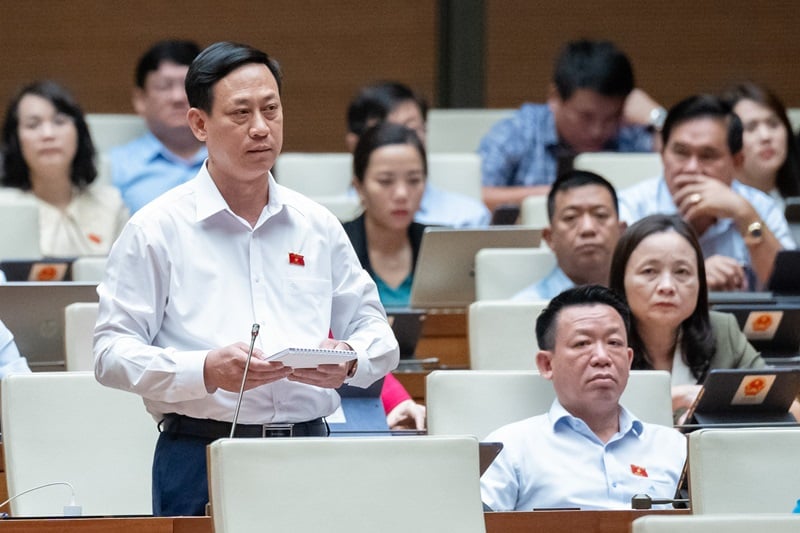


![[Photo] Prime Minister Pham Minh Chinh chairs a meeting on the implementation of the Lao Cai-Hanoi-Hai Phong railway project.](https://vphoto.vietnam.vn/thumb/1200x675/vietnam/resource/IMAGE/2025/5/20/0fa4c9864f63456ebc0eb504c09c7e26)






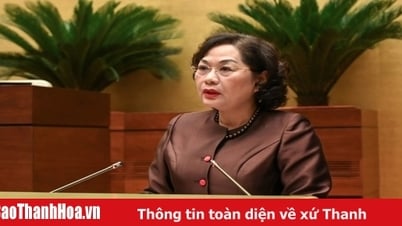
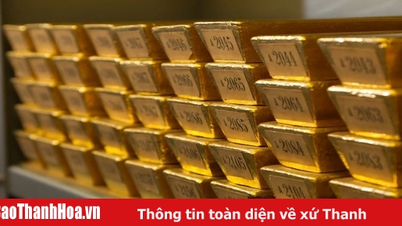
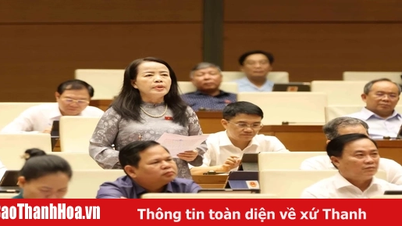








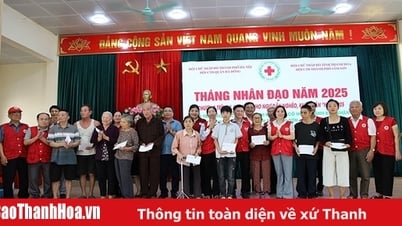
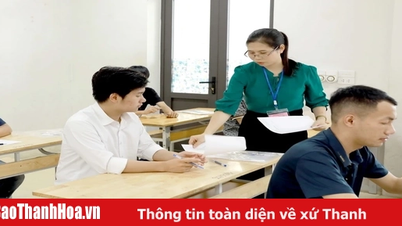

























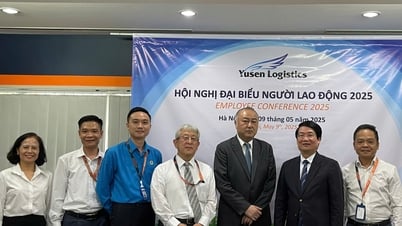







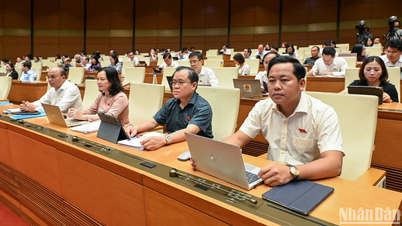








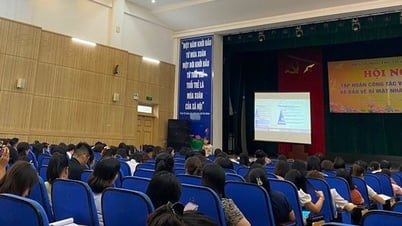
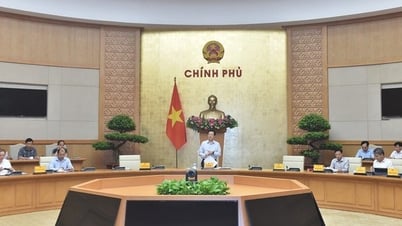
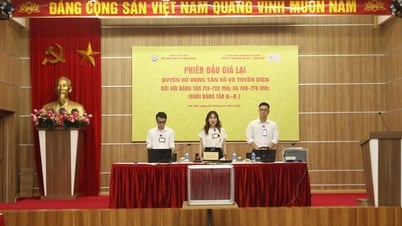

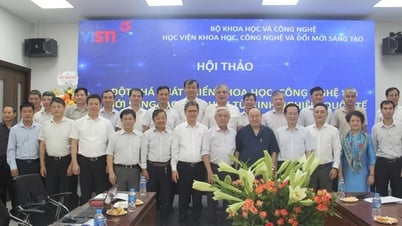
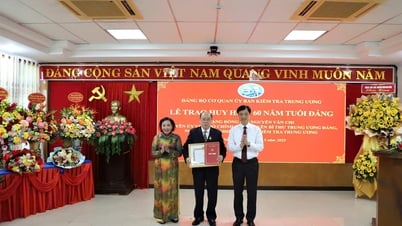



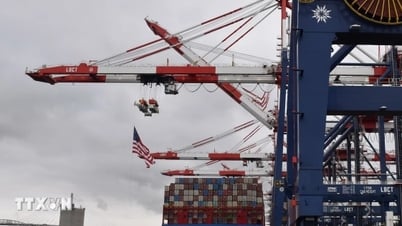



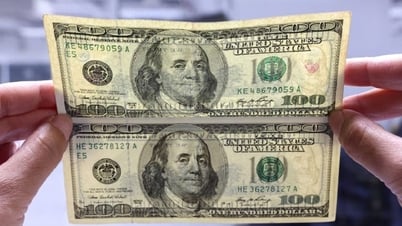


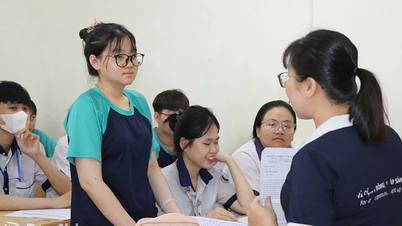












Comment (0)